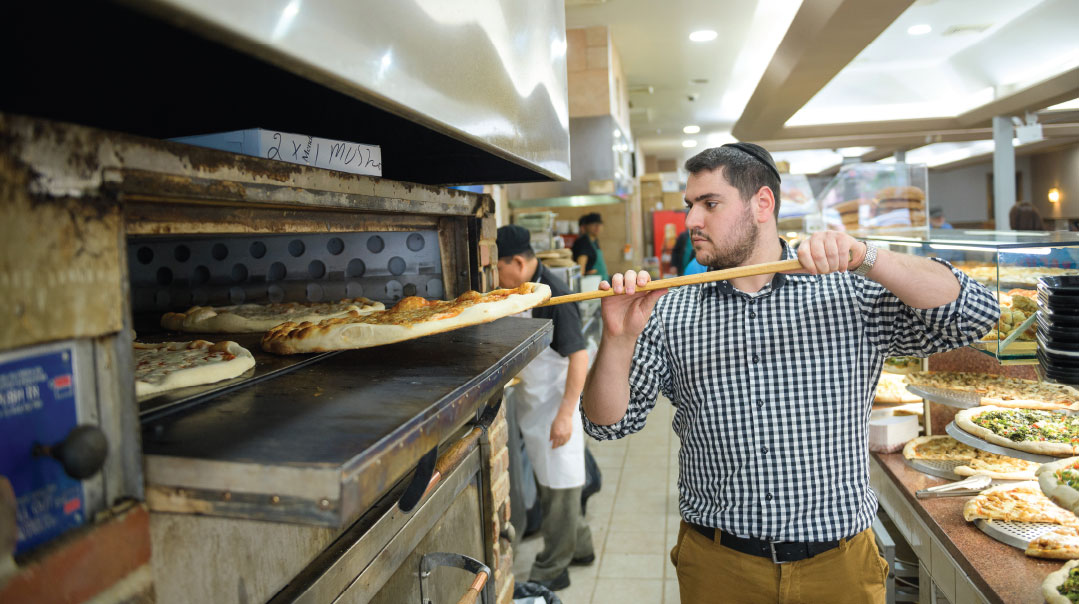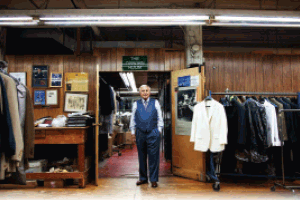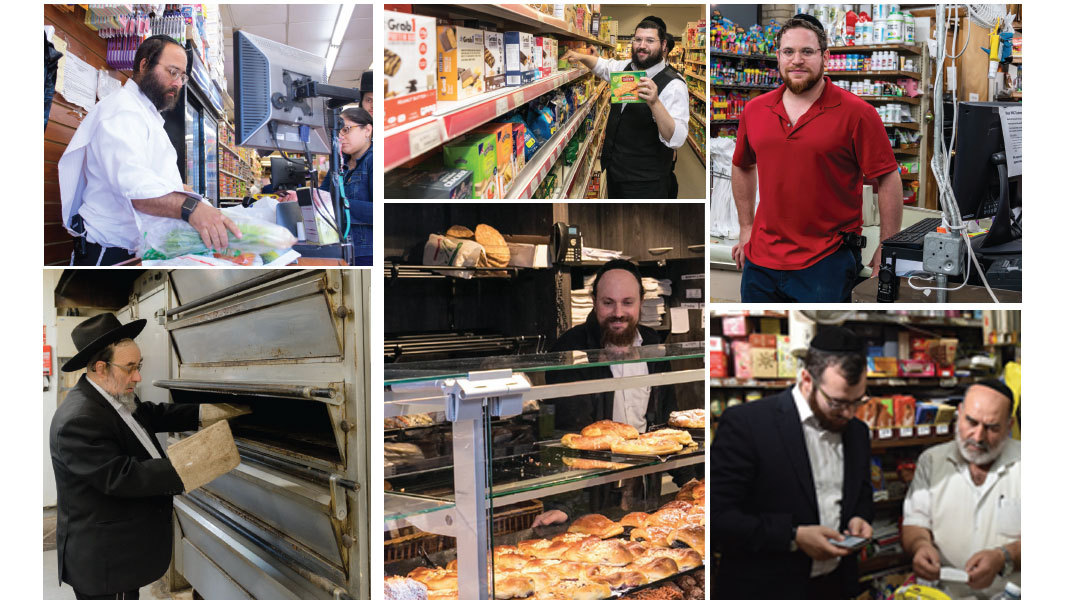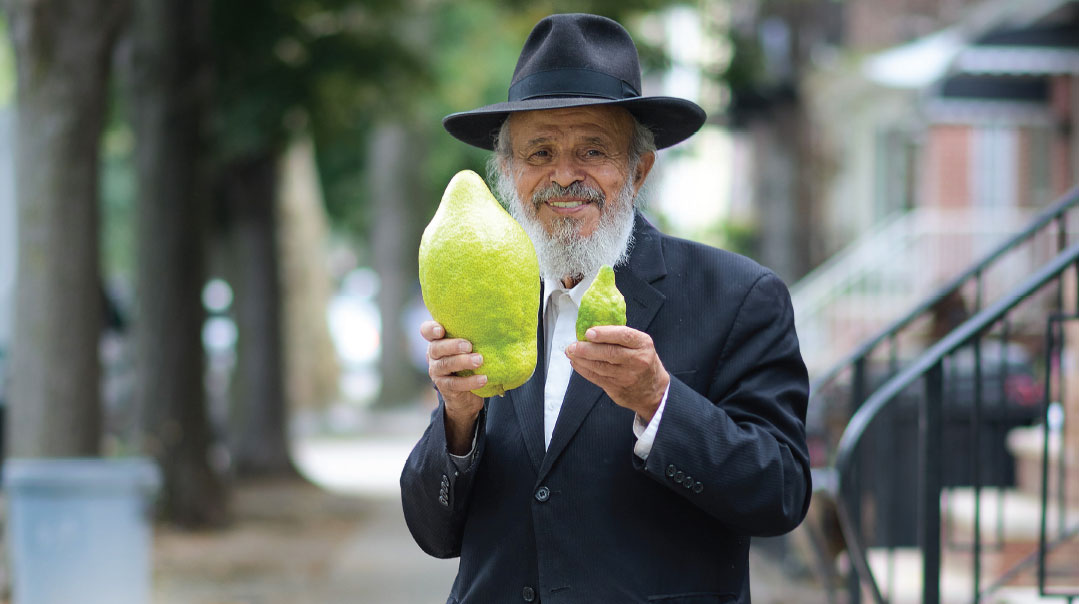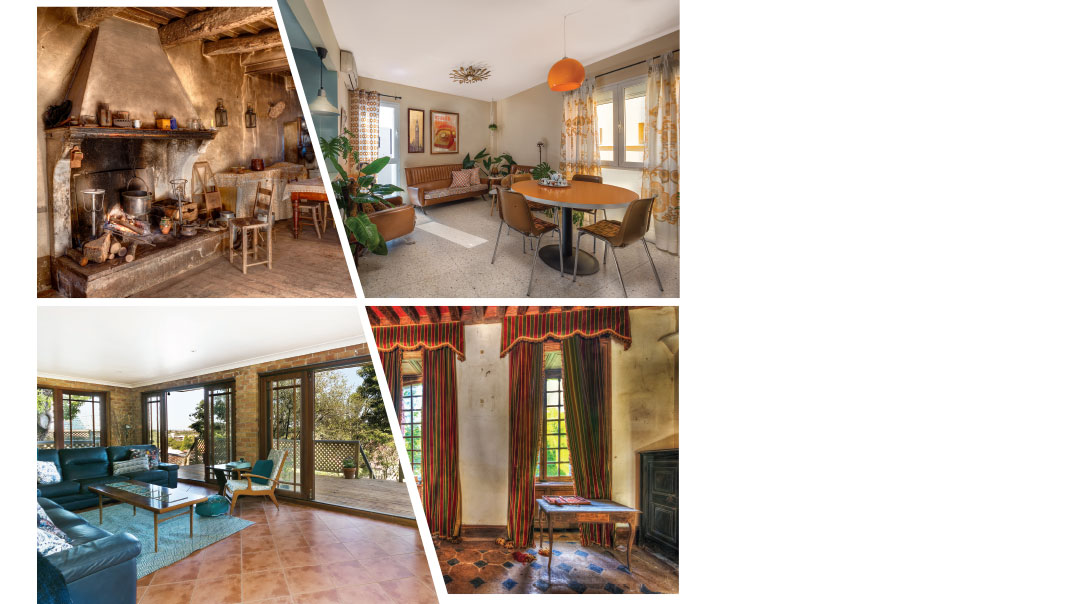Rites of Passage
| May 23, 2018
Frum simchahs have a flavor all their own, but when you grew up with an entirely different style of celebrations, being a one-man simchah production team can be overwhelming. Where to start creating those memories?
Many baalos teshuvah find it helpful to draw on the wisdom and experience of someone who’s already made a simchah. “Before I made my first bar mitzvah, I went to some friends who are more experienced mothers, sat down with a notebook, and said, ‘Just tell me everything that I need to know or do.’ That became my bar mitzvah notebook,” says Chani Feldman, a baalas teshuvah who recently married off her oldest child, that first bar mitzvah boy.
Many women find it helpful to ask about a rough timeline for the preparations, conventions of hostess gifts and traditional gifts for chassan and kallah, the protocols of whom to invite, and a rubric of whom to offer the kibbudim and speeches.
Then there’s the all-important catering angle. Unless it’s a shalom zachar on Yom-Kippur-on-a-Friday-night, no one’s ever heard of a Yiddishe celebration without food. Lisa from Yerushalayim, who catered her sons’ bar mitzvahs by herself, says she needed copious advice on quantities and setup when making her first son’s bar mitzvah.
“I didn’t grow up frum,” she says, “I had no idea what having 200 people at an event meant. It was overwhelming. One friend told me to make up the cake platters on Thursday and set them aside, wrapped. A lot of people sent things over and offered support, so that helped. I hired one waiter, but in retrospect I needed more. I ended up so tired.” Now a simchah veteran, Lisa knows all about advance planning. She helps others in her community plan their simchahs, offering menu ideas and advice on what to order and how much to cook.
It’s a Family Thing
It’s family and friends who turn an occasion into a simchah. But when that family is not-yet-frum, even milestones they’re familiar with — like bar mitzvahs and weddings — feel foreign and strange. Helping parents understand Torah lifestyles through open communication and explanation — and knowing what not to explain — is part of a baal teshuvah’s life, and discussions about upcoming milestones can begin months, or even years, in advance.
The first simchah that Melanie, a baalas teshuvah mom and professional from Baltimore, MD, made was her daughter’s bas mitzvah. Melanie’s family was initially taken aback that her daughter would not be called to the Torah. “We had to break it to them that the bas mitzvah would have no shul service. Imagine! We were just doing a brunch.”
Melanie brought up the subject months before, easing her parents in so they’d know what to expect. Once she decided to make a catered brunch for her daughter’s friends and female relatives on a Sunday morning, she had to explain this sensitively to several family members who were chagrined to learn that their husbands were not invited.
There can be a lot that needs to be explained. When Chani made her first bar mitzvah, she prepared invitations for her parents’ friends and relatives, but realized that they wouldn’t recognize her name on the invitation. “I wasn’t known as Chani when they knew me!” she laughs. “So before I mailed those invitations, my mother had to explain to everyone that I had started to go by my Hebrew name.”
(Excerpted from Family First, Issue 593)
Oops! We could not locate your form.







